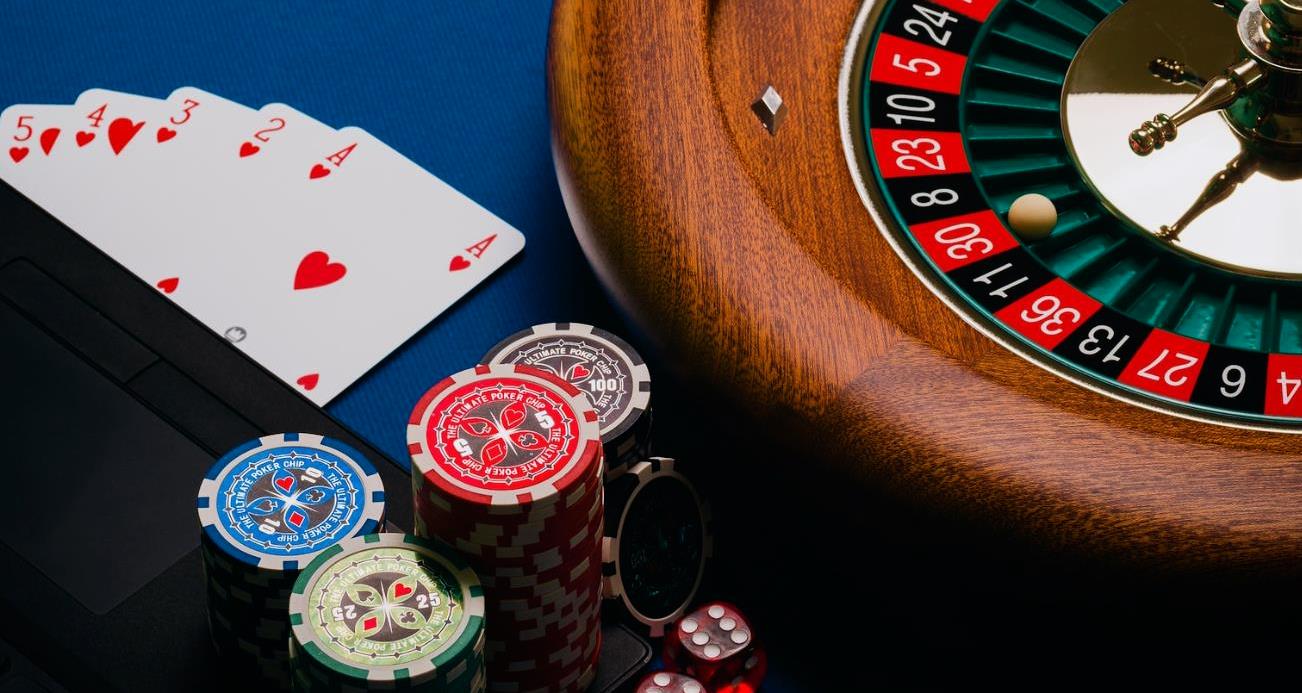Economists back Senate proposal to ban POGOs

Alyssa Nicole O. Tan, Reporter
ECONOMISTS on Sunday backed a proposal to ban offshore gaming operations in the Philippines, saying there are better ways to boost the economy.
“I wouldn’t really mind seeing them leave,” Ser Percival Peña-Reyes, director of the Ateneo de Manila University Center for Economic Research and Development, said in a Viber message. “Others have already lamented about how these Philippine offshore gaming operators (POGO) do not create jobs for Filipinos. Also, there have been reports of criminal activities at their facilities.”
“It’s better to stick to foreign direct investments that create jobs and generate income for Filipinos to spur the textbook multiplier effect and… boost exports,” he added.
Senator Sherwin T. Gatchalian, who heads the ways and means committee, on Wednesday told the floor “the POGO experiment has failed to provide the promised economic benefits to the Filipino people.”
“Instead, POGOs have created new avenues for crime and corruption, damaging our country’s reputation among diplomatic allies, foreign investors, potential tourists and even our own countrymen,” he said.
“The data and evidence on hand all point to the same conclusion: Enough is enough. It is time to ban offshore gaming operations in the Philippines, once and for all,” he added.
Lawmakers have sought to ban mostly Chinese gaming companies that operate online casinos, which proliferated during the term of ex-President Rodrigo R. Duterte, saying these have become breeding grounds for illegal activities including kidnapping and money laundering.
John Paolo R. Rivera, an economist at the Asian Institute of Management, said the ban is expected to reduce economic activities. “However, it will positively affect Philippine society given the elimination of risks brought by POGO,” he said in a Viber message.
He said he agrees with the proposed ban, “but the question of priorities has to be addressed.” “This is a short-run decision whose benefits can be reaped in the long-term,” he said, adding that the government should be creative in thinking of alternatives.
“The amended Public Service Act can facilitate the creation of alternative sources of revenues,” Mr. Rivera said. “The government can look into optimizing that rather than looking elsewhere.”
The law that allows full foreign ownership in telecommunications, domestic shipping, railways and subways, airlines, expressways and tollways, and airports is set to take effect in April, according to the National Economic and Development Authority.
Other sources of foreign revenue are tourism, exports, business process outsourcing and remittances, Mr. Reyes said. “These are still far more than what POGOs bring to our economy.”
“These could also create a broader income base from which much of our taxes ultimately come,” he said. “What we can get from these can circulate more broadly in the economy.”
The Bureau of Internal Revenue last year said the state collected P4.4 billion in POGO taxes in the eight months to August, up from P3.91 billion for the entire 2021. The amount was significantly lower than pre-pandemic projections at P32.1 billion for 2021.
The Philippine Amusement and Gaming Corp. has also projected that POGO revenues would hit P10.23 billion by 2027, which Mr. Gatchalian said was too optimistic after the industry’s revenue peaked at P8 billion in 2019.
Antonio A. Ligon, a law and business professor at De La Salle University, said the ban was unlikely to “bring down our economy.”
The Department of Finance in November said the country could lose about P65 billion in taxes and other fees if the industry was shut down. It is also expected to affect the property sector.
The Philippines could pursue business activities from other sectors including electric vehicle manufacturing and parts, Mr. Ligon said in a text message.
“Instead of other countries training Filipinos to be skilled in this aspect, we can invite experts to train Filipinos here and invite investors to set up the different manufacturing plants in the Philippines,” he said.
Mr. Ligon said the success of enforcing the POGO ban would depend on how efficient and transparent it is done. “Every key player should cooperate to prevent the circumvention of the law.”
Mr. Rivera said POGOs should be completely banned. “There should be no exception to the rule. The ban should be objective and not subject to interpretation.”
